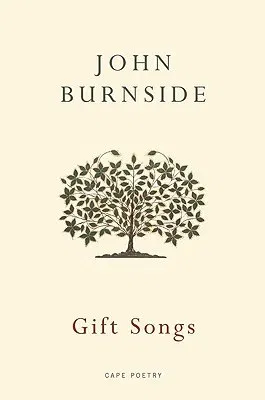To the Shakers, a good song was a gift; indeed the test of a song's
goodness was how much of a gift it was. In their call to labour to make
the way of God your own, Shaker artists expressed an aesthetic that had
much in common with the old Japanese notion, attributed to Hokusai, that
to paint bamboo, one had first to become bamboo. In his 10th
collection, John Burnside begins with an interrogation of the gift song,
treating matters of faith and connection, the community of living
creatures and the idea of a free church--where faith is placed, not in
dogma or a possible credo, but in the indefinable--and moves on through
explorations of time and place, towards a tentative and idiosyncratic
re-ligere, the beginnings of a renewal of the connection to, and faith
in, an ordered world. The book closes with a series of meditations on
place, entitled Four Quartets, intended both as a spiritual response to
the string quartets of Bartók and Britten (as Eliot's were to
Beethoven's late quartets), and as an experiment in the poetic form that
the finest of poets, the true miglior fabbro, chose as a medium for
his own declaration of faith. The poems in this collection are true
gifts: thrillingly beautiful, charged with power and mystery, each
imbued with the generous skills of a master of his craft.

